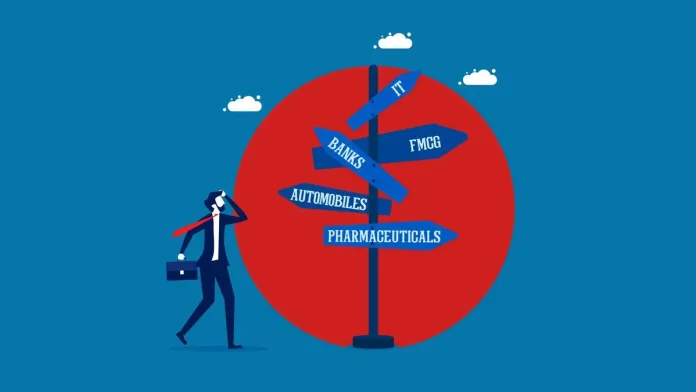Unilever Urges Trade Associations to Align on Climate Action Ahead of EU Elections
Unilever has called on business trade associations to take a stronger, more unified stance on climate action, warning that their influence holds the power to either accelerate or hinder global sustainability efforts. The FMCG giant’s demand comes just weeks before the European Parliament elections, a key moment that may shape future climate policy across the continent.
The company’s Chief Sustainability Officer, Rebecca Marmot, highlighted growing disparities between the climate commitments of individual businesses and the stated positions of many trade associations representing them. “As a global company operating across multiple markets and sectors, we simply cannot achieve our climate goals alone,” Marmot said. “We need the full support of the broader policy environment—trade associations must be part of the solution, not the problem.”
Unilever is one of over 200 companies backing a new business statement organized by Corporate Leaders Group Europe (CLG Europe), urging trade associations to align their lobbying with the Paris Agreement. The statement emphasizes that consistent and credible advocacy is critical to accelerate the green transition and maintain a level playing field for businesses serious about net zero targets.
The statement also calls for associations to embrace EU-wide measures such as the Fit for 55 package and the EU Green Deal Industrial Plan—initiatives seen as central to reducing emissions by at least 55% by 2030. Misalignment between trade bodies and progressive climate policies risks undermining market stability and investor confidence, the businesses warn.
Marmot added that transparency in climate lobbying is now essential. “We welcome the recent EU agreement on new lobbying disclosure rules,” she said, pointing to increasing pressure on trade associations to clarify their positions and report on their advocacy efforts.
For FMCG leaders, the message is clear: stakeholder accountability is expanding beyond internal sustainability metrics to include the actions and influence of organizations that represent them. In a sector facing growing scrutiny from regulators and consumers alike, ensuring alignment across all levels of representation could become a critical factor in long-term brand value and compliance.

